ATX TV Fest: How HBO’s ‘Oz’ and ‘The Wire’ Changed the Game with David Simon and Tom Fontana
Austin 360

Three showrunners of some of the most influential TV dramas of the so-called golden age of TV shared the stage at the ATX Television Festival Saturday morning at Google Fiber Space, describing the birth of HBO’s original dramas, what it was like to create iconic shows such as “The Wire” and “Homicide: Life on the Street” and why despicable characters still make for great TV.

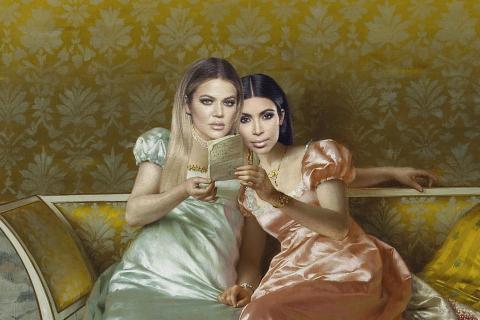
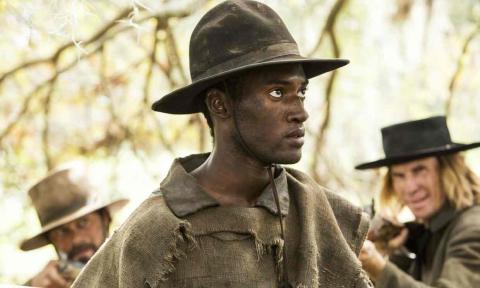
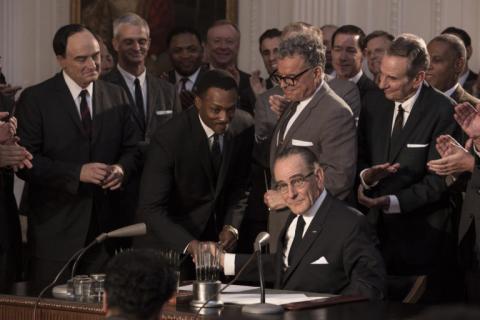
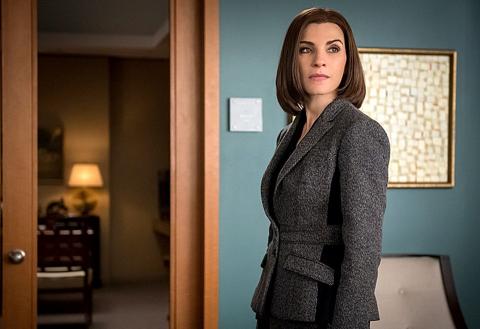

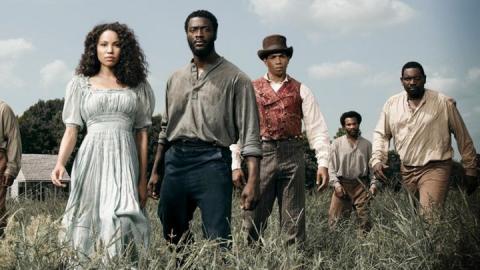

Spread the word